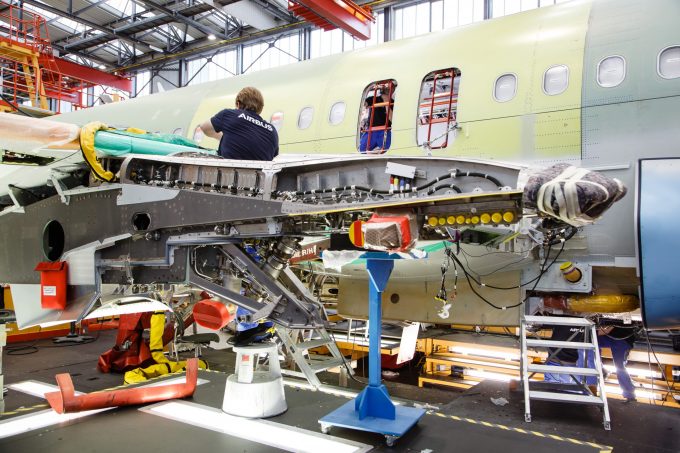Indian air cargo really flying, powered by a booming ecommerce market
Indian air cargo volumes are expected to quadruple over the next two decades, propelled by ...

For ten days in May, Boeing all but halted production of its 737 MAX, the Wall Street Journal reported this month, citing unidentified sources who attributed the disruption to supply chain snarls.
In the past, Boeing would move planes down the assembly line and install the missing parts afterwards. This time it paused aircraft on the line.
Boeing has a host of undelivered 737 MAXs and 787s on its hands, the latter owing to inspections and repairs after small cracks were found ...
Trump tariffs see hundreds of cancelled container bookings a day from Asia
'Disastrous' DSV-Schenker merger would 'disrupt European haulage market'
'To ship or not to ship', the question for US importers amid tariff uncertainty
'Chaos after chaos' coming from de minimis changes and more tariffs
List of blanked transpac sailings grows as trade war heats up and demand cools
EC approves DSV takeover of DB Schenker
Shippers in Asia restart ocean shipment bookings – but not from China
Forto 'sharpens commercial priorities' as it lays off one-third of staff
India withdraws access for Bangladesh transhipments, in 'very harmful' decision
'Tariff hell' leaves industries in limbo – 'not a great environment to plan'
IndiGo fleet expansion plan will include a major push to boost cargo volumes
Pre-tariff rush of goods from US to China sees air rates soar, but not for long

Comment on this article